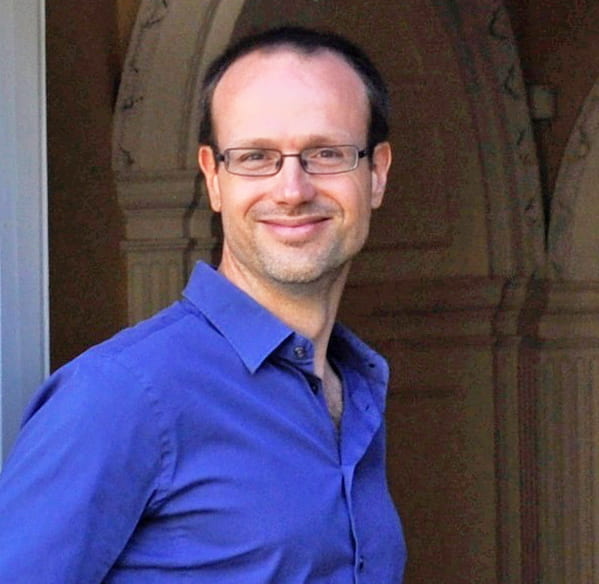Professor Rich Pancost, Head of School – Earth Sciences, Cabot Institute for the Environment talks about the University of Bristol’s response to climate emergency.
On 17 April 2019 the University of Bristol became the first university in the world to declare a climate emergency. It enshrines our institutional obligation to address the climatic, ecological and wider environmental threats posed to our planet and our society.
The University has been at the forefront of exploring and solving these challenges for decades, both through our world-leading research exemplified by the Cabot Institute for the Environment and our education via the Sustainable Futures theme. Some of our environmentally focused Schools – including Civil Engineering, Geographical Sciences and Earth Sciences – are ranked among the very best in the world. Many of us contribute to the Intergovernmental Panel on Climate Change (IPCC) reports, including the most recent report that highlighted the dire consequences of failing to limit warming to 1.5˚C.
‘Rather than ignore what’s happening we can, in our different areas of expertise, work together on sustainable solutions for all.’
We must do more. Just like our pledges in 2015 when Bristol was the European Green Capital, the Climate Emergency Declaration recognises that our University’s impact on our city and planet transcends its research and educational mission. We are an employer, a procurer and a consumer; our academics fly across the world and our students fly to us; we consume food, energy, water and minerals. We are part of the problem and we must be part of the solution. In particular, the Declaration renewed our commitment to become carbon neutral by 2030. But what does that mean? How will we do that? We know it will be messy and complex, just as our decision to divest from fossil fuels was. Not all companies that hold fossil fuel assets are the same; in fact, many are critically involved with obtaining the resources needed for a post-fossil fuel electrical future. But then, we must ensure that our own efforts for carbon neutrality do not simply shift the environmental burdens to other countries nor hinder their own development.
We do not have all of the answers yet. Consequently, I consider the Declaration to be a call for a renewed, self-critical, demanding and collaborative conversation about the future of our University. It is an opportunity for dialogue between all of us – staff, students, alumni, partners and stakeholders across our institution, city and the world. It will embrace every aspect of our organisation and it will lean on our own world-leading expertise and potential for innovation.

